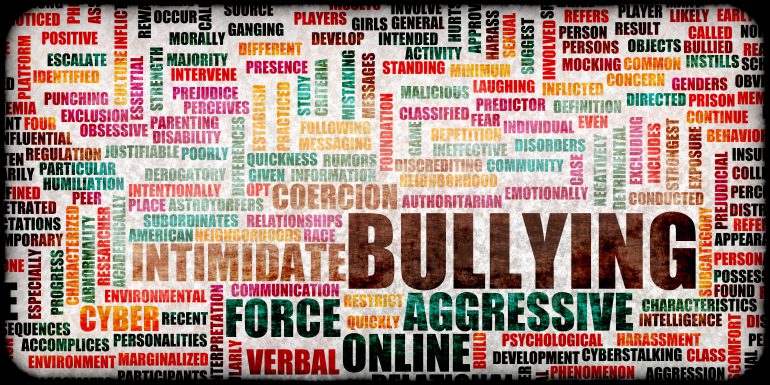Online harassment against politicians may have a reverse effect than intended: increasing the number of votes received by the victim. However, the critics and detractors might achieve the opposite goal: people decide to go and vote to show their support, says newspaper Het Parool.
When announcing her decision to leave Dutch politics, D66 leader Sigrid Kaag claimed she would have continued if not for all the hatred and threats of recent years. The comment created a wave of anger among her supporters. “She has paid an unacceptably high price in her private life,” said outgoing Dutch Prime Minister Mark Rutte.
Little appears to have changed since then. Personal attacks are an issue that prospective new party leaders must be able to handle, particularly on social media. For instance, when Minister Dilan Yesilgöz and European Commissioner Frans Timmermans announced themselves as candidates for the leadership of the VVD and GroenLinks-PvdA, respectively, they each received an inflow of slurs. One is made fun of for leaving Turkey as a young child (despite the fact that she herself opposes large numbers of new immigrants) and for marrying a Jew. The other is represented as “the new Kaag”, an elitist who looks down on regular people, and is just as readily labelled as a liar as a “vain narcissist”.
Summoning voters
According to Professor Sanne Kruikemeier of Wageningen University, that has implications for the election campaign, but the effect may not be what the critics have in mind. People may become jaded about politics as a result. Then, they start to believe ‘it is only about the game and personal attacks’. This may lead them to not vote at all. On the contrary, brutal personal criticism can sometimes summon voters. ‘The fact that all the attacks on Frans Timmermans, for example, make people think: he is under fire in no time, but also shows what GroenLinks-PvdA stands for. Then they will vote to show their support.”
In an effort to create this “boomerang effect”, parties might also take advantage of criticism of their party leader. When SP leader Lilian Marijnissen held Timmermans, a minister in the Rutte II cabinet, jointly accountable for the reduction of social benefits, GroenLinks MP Tom van der Lee said that in his opinion, her words were “a blunt attack” – criticizing Marijnissen’s choice of words, so that it was seen as unacceptable.
However, sometimes there isn’t any personal animosity on social media. According to recent research by the Social and Cultural Planning Office, the majority of Dutch people believe that all that muck-slinging is bad, as it leads to polarization between opposing groups. While the same research demonstrates that societal divides are not nearly as extreme as what we grasp from (social) media, many people are nonetheless concerned about polarization and its effects.
Social media and other countries
According to Kruikemeier, a researcher who examines the effects of online communication on people and society, ‘the negativity, all the hate, is mainly on Twitter, which ruins it for the rest’. A tiny group that targets a certain person can do its job because social media platforms like Twitter have little moderation.
Politicians have long been the target of personal attacks. Geert Wilders, the leader of the PVV, has endured constant threats and hate mail for years. However, Annemarie Walter from the University of Nottingham observes that the discourse between politicians and between citizens has deteriorated. She has been studying the phenomenon of polarization and political discourse for many years. ‘Women in particular suffer from it. Here in the UK, research shows that many politicians give it as a reason why they quit or they don’t run. That means that parties have difficulty finding people who want to do get involved,’ she explains.
Similar to Kruikemeier, Walter also sees that hate is dangerous as a political instrument. In nations with only two major parties, like the United States, campaigns that blacken the opposition are more likely to have the desired outcome. Not that voters then vote for another party, but supporters of a politician who is insulted in the media simply stay at home. ‘In a multi-party country like the Netherlands, voters simply vote for another party,’ says Walter. ‘Most people here have a few parties in mind that they may consider. But anyone who thinks that their party will get more votes by insulting others will be disappointed.’
Written by Nicole Bea Kerr
